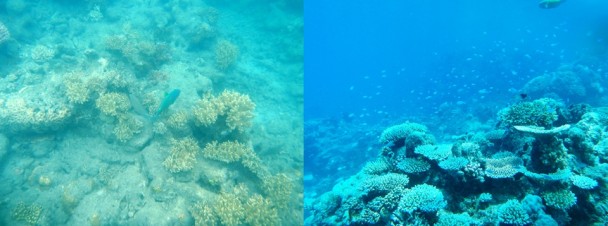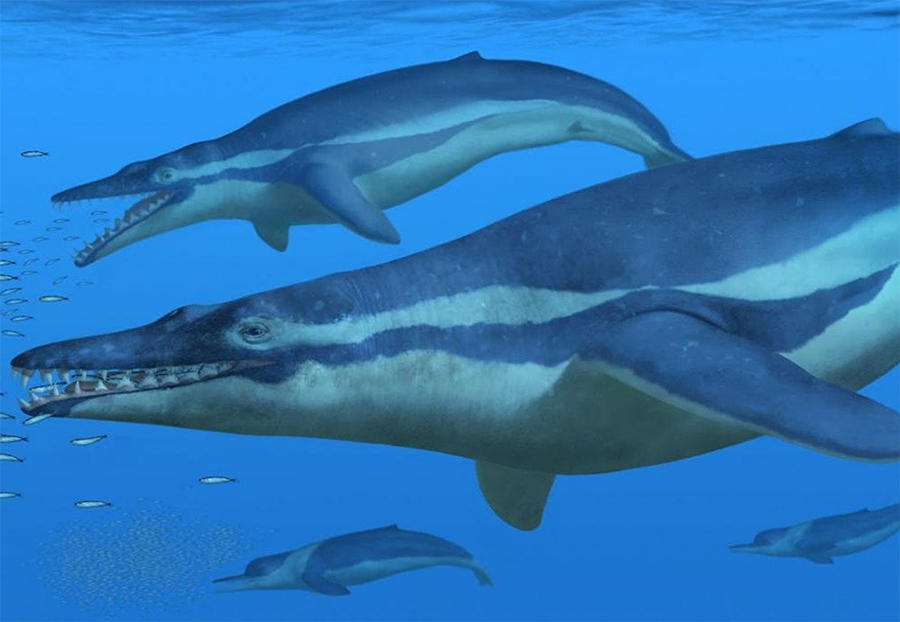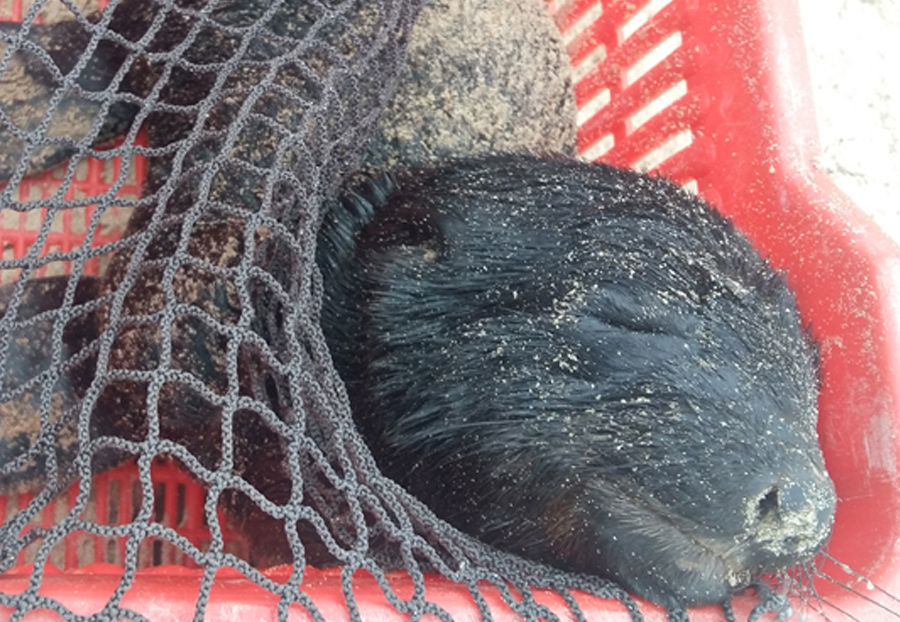Acidification effect on coral reefs and the coral reef fish
Corals are the lungs of the ocean. They have the most bio diverse habitat on the planet with most species in the water some way associated to it. The corals on the reef build their skeleton out of calcium as do the crabs, mussels, oysters, crayfish, prawns, starfish and sea urchins. Coral reefs are under a lot of stress made by humans as the water gets murky by runoff, and less sun light reaches the corals. Pollutants, overfishing and an increase in water temperature can lead to bleaching of the corals. In the last century the oceans have become much warmer all around the world, but now the biggest problem for coral reefs seems to be the pH and acidification in combination with warmer temperatures. Ocean acidification means that the pH drops and therefore the corals cannot keep their calcium skeleton intact, this will also affect other marine animals that have calcium skeletons. This happens because of all the carbon dioxide in the atmosphere that has been released due to burning of fossil fuel and land clearing. When the carbon dioxide (CO2) was less in the atmosphere the ocean could help take care of some of the extra CO2 and buffer it up in the ocean. With the higher CO2 in the atmosphere this “help” make the ocean have a lower pH, which breaks down the calcium in the corals and other calcium deepened animals. Most of the organisms can move to less acidic waters but the corals and mussels cannot, even if they could, the waters that are less acidic is to cold or too warm for them. So the limiting factors: temperature and light is not the biggest problem for the corals anymore as the water they live in now is devastating. How does this affect the fishes of the ocean? Well as written before, most marine animals are associated with the reef one way or another. Young fish lives on the reef for protection. Most big fish like Red Roman come from the reefs and go back to get their skin clean from parasites so they can live longer. Sharks hunt off the reefs, sea turtle rest on the reefs and people love to come and dive or snorkel on them. Now, not even the marine protected areas can help the animals, because the problem is the water not humans taking the resources away. This will also affect the fish outside the protected areas, as fish do not stay in one place. If the reefs are lost, they have no place to have their young ones and no more fish will come. One of the most important reasons to save the reefs is so the future generation can also enjoy everything the ocean has to offer. To decrease the acidification in the ocean we have to change how we live on land. We need to stop using massive amounts of fossil fuel, and instead of clearing the forest, plant new trees to decrease the amount of CO2 release into the environment. How you can help decrease your carbon footprint and plant trees:look up our carbon neutral program. http://www.planetgreenoceanblue.com/carboncalculator.html




